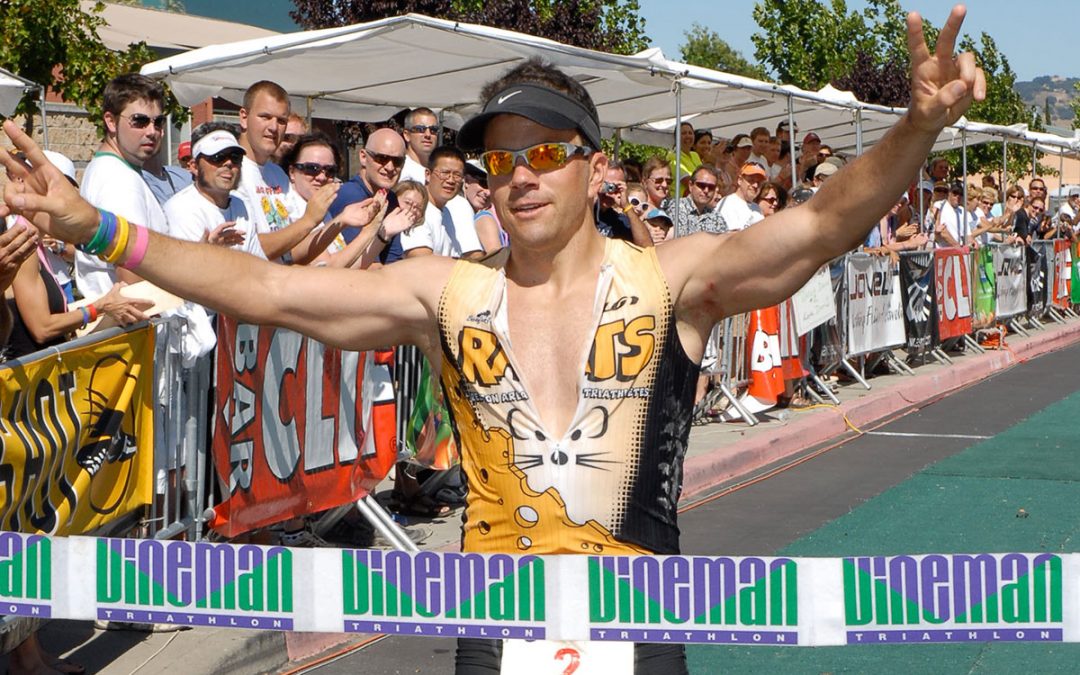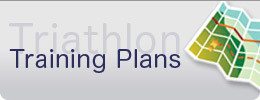Too many triathletes assume that more hours will result in more prestigious results, bigger gains and increasingly impressive personal bests. Our success-driven culture embraces a “work more sleep less” mentality in all regards, whether in relation to sports or careers. The 10,000 hours for mastery rule, Nike’s “Just Do It” slogan, and countless other messages encourage us to forgo quality and fun, and instead relentless drive for more and more in the pursuit of greatness at all costs.
Don’t Fall Into the Trap of Comparing Yourself to Others
As you progress through the ranks from beginner to intermediate and then to placing on the podium in your age group, you may begin to wonder what it will take to win a local race, or to win your age group in an IRONMAN® or IRONMAN 70.3® event. Do the people who win those age group categories train five hours a day? The first mistake is believing that someone who is better than you must be doing more than you. Maybe. Maybe not.
There are so many factors affecting a person’s performance on race day than merely the quantity of hours including:
- How long the person has been doing triathlons;
- How many years of endurance training they have under their belt;
- Their athletic history;
- The type of training they do;
- Their desire to succeed in triathlon;
- The money they invest in the sport in the form of eating healthily, massage, travel, physical therapy, coaching, etc.;
- Stress and time commitment from their job;
- Whether they have a family with small children or not;
- Their ability to endure long lasting pain during a race, and lastly;
- Genetics (nothing can be done about that).
The second mistake of questioning what “fast” triathletes are doing is the simple fact of comparing yourself to them. This is a dark hole to go down. You may start out by comparing yourself to the age group winner of your local sprint tri, then once you end up beating her or him, you’ll progress onwards to comparing yourself to the winner of a bigger race. There will always be someone faster.
One of the great things about triathlon is that you aren’t put in a position of losing, like so many other sports like soccer or football require. You don’t have to compare yourself to others. Doing your best, setting personal records, leaving everything out on the road, and just finishing a very challenging athletic pursuit are reasons why triathlon can be satisfying.
“Okay, But Just Answer the Question,” You Might be Saying to Yourself
In order to maximize your full potential, you likely need to be putting in around 15-18 hours a week on a normal week, depending on your age, propensity to injuries and illness, athletic history and genetics. This is impossible for many working athletes, aside from the odd spring break week or other dedicated training block when you don’t have to work full time. Even if you can put in the time, most athletes will find the time commitment undesirable within a year or two.
But All Pros Train at Least 30 Hours a Week, Right?
The truth is that most age group triathletes excel with around 9-14 hours per week of training. You can accomplish a lot with 10 hours a week if you stay focused, put everything into your intervals and cut out all the junk miles and wasted time like long bike stop groups and hanging out in the locker room to talk.
While you may hear about pros and high level age groupers training 30 or 40 hours per week, those weeks are not the norm. Most professionals don’t average anywhere near 35 hours a week, which would be a monumental 1,820 hours of training a year. Triathletes, like everyone else, tend to focus on the extremes, and forget the mundane, which is where these (typically) absurd “averages” come from. Everyone has sick days, rest weeks, injuries, off seasons and periods of time when they aren’t motivated to train or need rest.
Instead of focusing on average hours per week or hours per season, paying attention to quality, recovery and mindset will do you much more good.
Train smart and have fun!
David
P.S. Need a purposeful training plan that takes the guesswork out of your training and gives you a purposeful structure to reduce risk of overtraining and injury? Check out our training plans for triathlons from sprint to IRONMAN® and running races from 5k to marathon.
—



